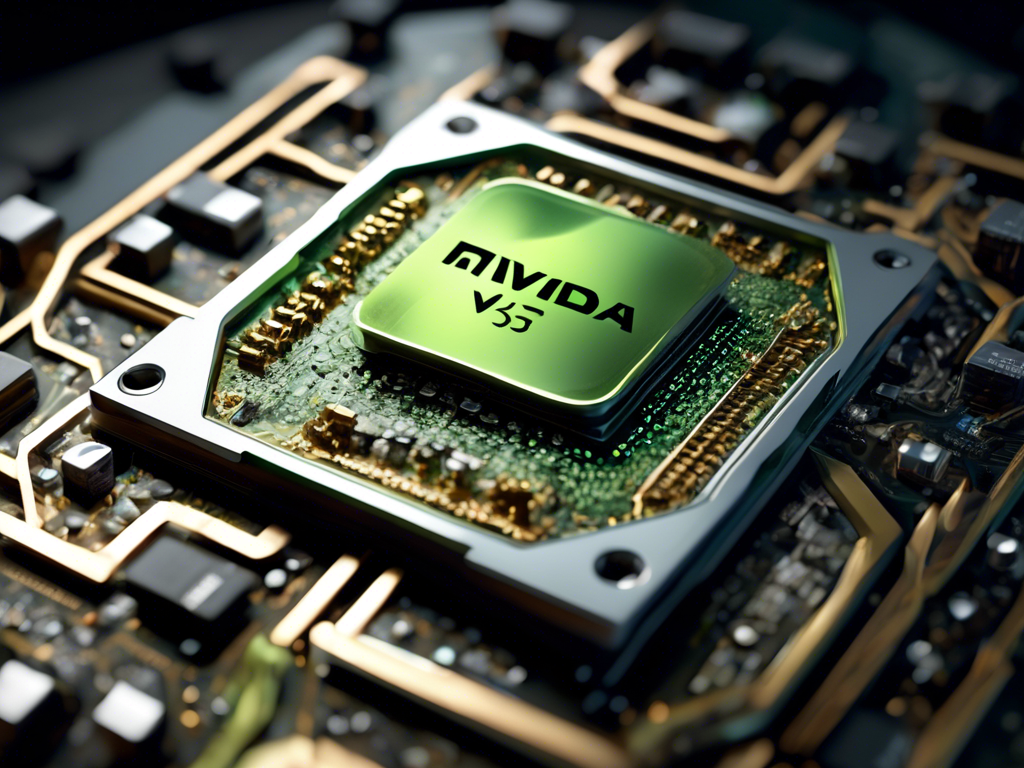Enhancements in Genomic Analysis with NVIDIA Parabricks v4.3.1
NVIDIA has introduced upgrades in its genomic analysis software, Parabricks v4.3.1, as per the NVIDIA Technical Blog. The latest version brings new features for variant calling in somatic data, enhancing the efficiency and accuracy of genomic studies. Let’s delve into the key improvements:
Variant Calling in High-Throughput Sequencing
The process of variant calling is crucial in high-throughput sequencing, allowing scientists to identify variants in whole genomes, exomes, and gene panels. This is essential for understanding diseases and developing treatments but requires significant computational resources for alignment and detection.
Deep Learning for Germline Data
DeepVariant, a tool developed by Google, is a popular option for germline variant detection using deep learning. It enhances accuracy and identifies variants missed by traditional methods. The latest Parabricks release upgrades DeepVariant to version 1.6.1, improving performance in GPU-accelerated germline variant calling.
- DeepVariant tool
- Upgrade to version 1.6.1
- Improved performance in GPU-based variant calling
Advanced Somatic Data Analysis
DeepSomatic, integrated into Parabricks v4.3.1, is designed for somatic data variant calling. Somatic variants, which occur post-conception and affect non-reproductive cells randomly, can now be analyzed with high accuracy in short-read sequencing using DeepSomatic.
- DeepSomatic integration
- High-accuracy somatic variant calling
- Support for short-read sequencing
Upgrade with Minimap2 v2.26
Parabricks v4.3.1 now includes Minimap2 version 2.26, enhancing long-read sequence alignment capabilities. The upgrade offers improved splice alignment for RNA sequencing data and better integration with platforms like PacBio for long-read sequencing.
- Minimap2 v2.26 upgrade
- Enhanced long-read alignment
- Better integration with PacBio





 By
By
 By
By

 By
By
 By
By
 By
By